I'll supplement Sven's (accurate) response with an answer to the natural follow-up question (i.e. Why is self explicit rather than implicit?).
Python works this way as it operates on the idea of lexical scoping: bare name references will always refer to a local variable within the current function definition, a local variable of a containing function definition, a global variable of the module, or a builtin. (The scoping is lexical as when you follow the parse tree down during symbol analysis, you only need to remember the names seen in the function definitions on the path down to the current function - anything else can be handled as "not seen, therefore global or builtin". It's also worth explicitly noting that the scoping rules relate to nesting of function definitions rather than calls).
Methods are not given any particular special treatment in that regard - class statements are largely irrelevant to the lexical scoping rules, since there isn't the same sharp function vs method distinction that exists in some languages (Instead, methods are dynamically created from functions when the relevant attributes are retrieved from objects).
This allows a function to be added to a class after it has already been defined and be indistinguishable from those methods that were defined within the body of the class statement (a process known as "monkeypatching").
Since object namespaces are separate from the lexical scoping rules, it is necessary to provide some other way to reference those attributes. This is the task handled by the explicit self.
Note that for complex algorithms, it is not uncommon to cache references to member variables as local variables within the method.
 [Simple Example]
[2]** What is Self **
[Simple Example]
[2]** What is Self **